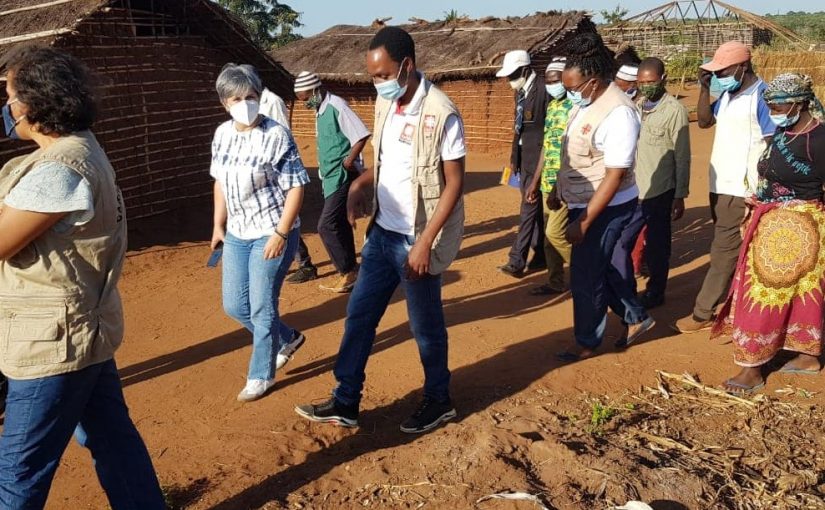AfricaPress-mozambique: After visiting the province, MEP Isabel Santos on Thursday urged in an interview with Lusa that “paths for dialogue” be found with insurgents in Cabo Delgado, northern Mozambique, in order to rescue kidnapped children and stabilise the region.
“There has to be a very structured intelligence work, so that ways can be found for dialogue and recovery,” the Portuguese Socialist Party MEP said.
While acknowledging the complexity of the situation, she nevertheless perceived some clues to a way forward.
“There are those who speak of a faceless reality, [but] there are also those who speak of faces identified in some videos and in material circulating on social networks. It is necessary to start from there,” she said.
“This is work that goes beyond me,” she added, continuing: “There are authorities with the capacity to do so that must join forces,” and “an international effort must be made in this direction, to get to the heart of the matter.”
Isabel Santos wants avenues for dialogue to be found so as to rescue “as soon as possible” the children who have been kidnapped by insurgent groups, while conceding that these bridges must have greater goals.
“Saving the children and stabilising the region, because people cannot be eternally displaced and living in terror. The situation of violence that is being experienced must be put to an end,” she emphasised.
The non-governmental organization (NGO) Save the Children announced a week ago that at least 51 children had been abducted by rebel groups in the last year, in line with statements heard by Lusa in Cabo Delgado in recent months that indicate the recruitment of child soldiers and sexual exploitation of minors in international networks.
“I appeal to join efforts to recover these boys and girls kidnapped by armed groups,” Isabel Santos said. “Removing them from their environment and families removes the possibility of a normal development and a future life with some normality.”
The European parliament deputy and activist pledged at the end of her visit to Mozambique to try to keep aid to the country and Cabo Delgado at the top of the European agenda, indicating education as a priority.
“About 46% of the displaced population are children” who have witnessed acts of “atrocious violence” leaving “deep psychological scars”, to whom it is necessary to guarantee access to education so that they can “restructure”.
Even those who escape “are reaching places where schools are already overcrowded”.
“We have to make a great effort to promote these children’s access to education – in addition to health, food and protection – because this will certainly be the best weapon we have to fight everything that is happening in Cabo Delgado in terms of violence,” she said.
According to Isabel Santos, many of the young people who make up the rebels’ ranks “didn’t find an answer that would give them an expectation of the future, due to lack of training and employment” or support for their families.
“We have to break this cycle, and breaking it can only happen if we open these children’s access to education,” she underlined.
“There is a concentration of unrestrained suffering in Cabo Delgado,” she said at the end of the visit to the field, made at her own expense and which she says has served for her to understand “the complexity and suffering that is being caused to people who are being ripped out of their territory”.
She sees it as a challenge “to concert efforts with the European Union and in [the EU] parliament so that the debate does not fade” and so that attention “is not watered down”, possibly through further visits to Mozambique and other debates in the European parliament.
“There will certainly be attention to all the action being taken to support the Mozambican state in responding to this situation,” she concluded.
Armed groups have terrorized Cabo Delgado since 2017, with some attacks claimed by the ‘jihadi’ Islamic State group, in a conflict that has already claimed more than 2,800 lives, according to the ACLED conflict registration project, and displaced 732,000 Mozambicans, according to the United Nations.





